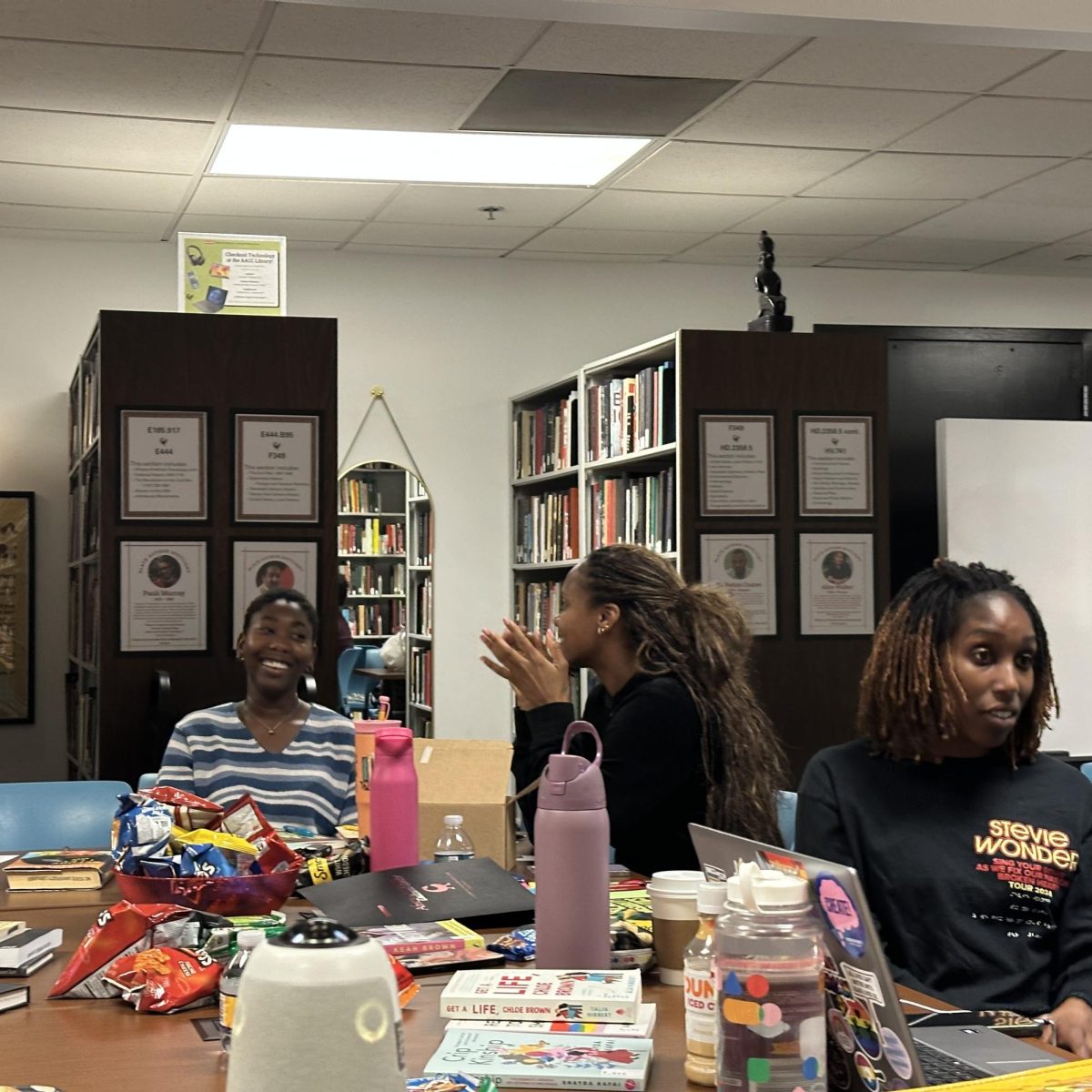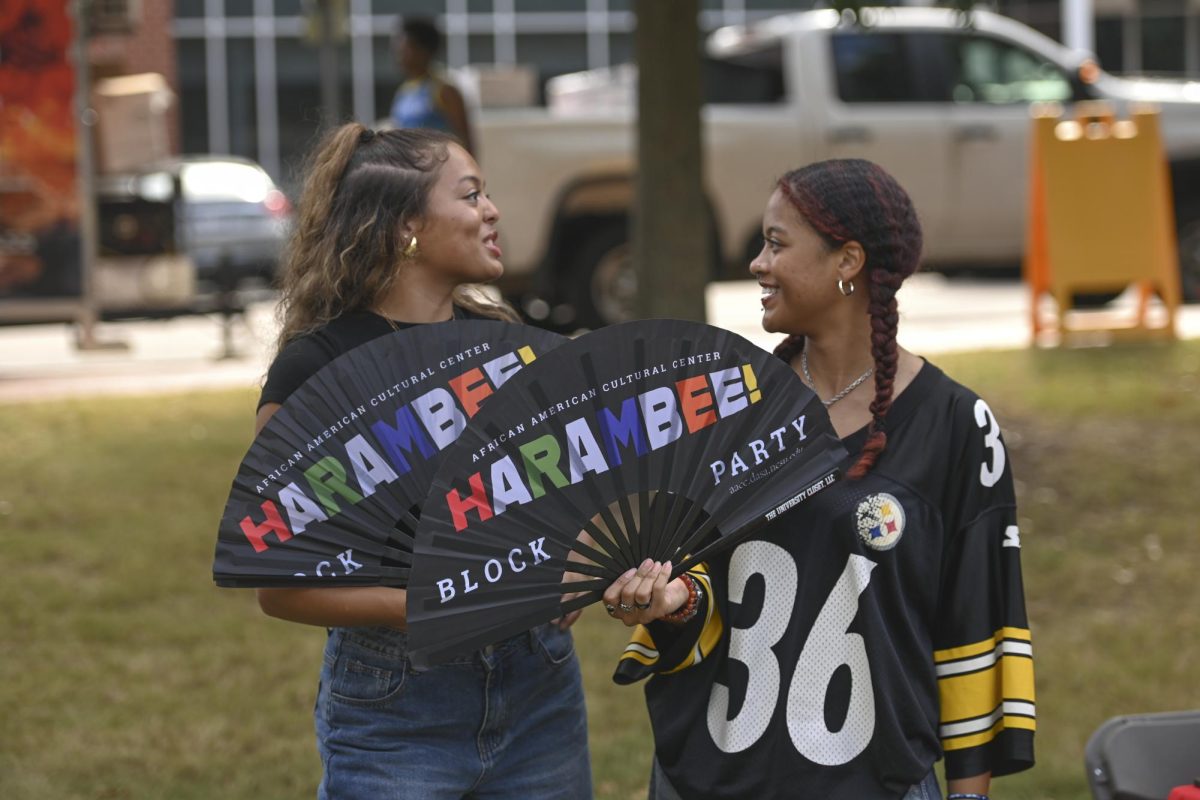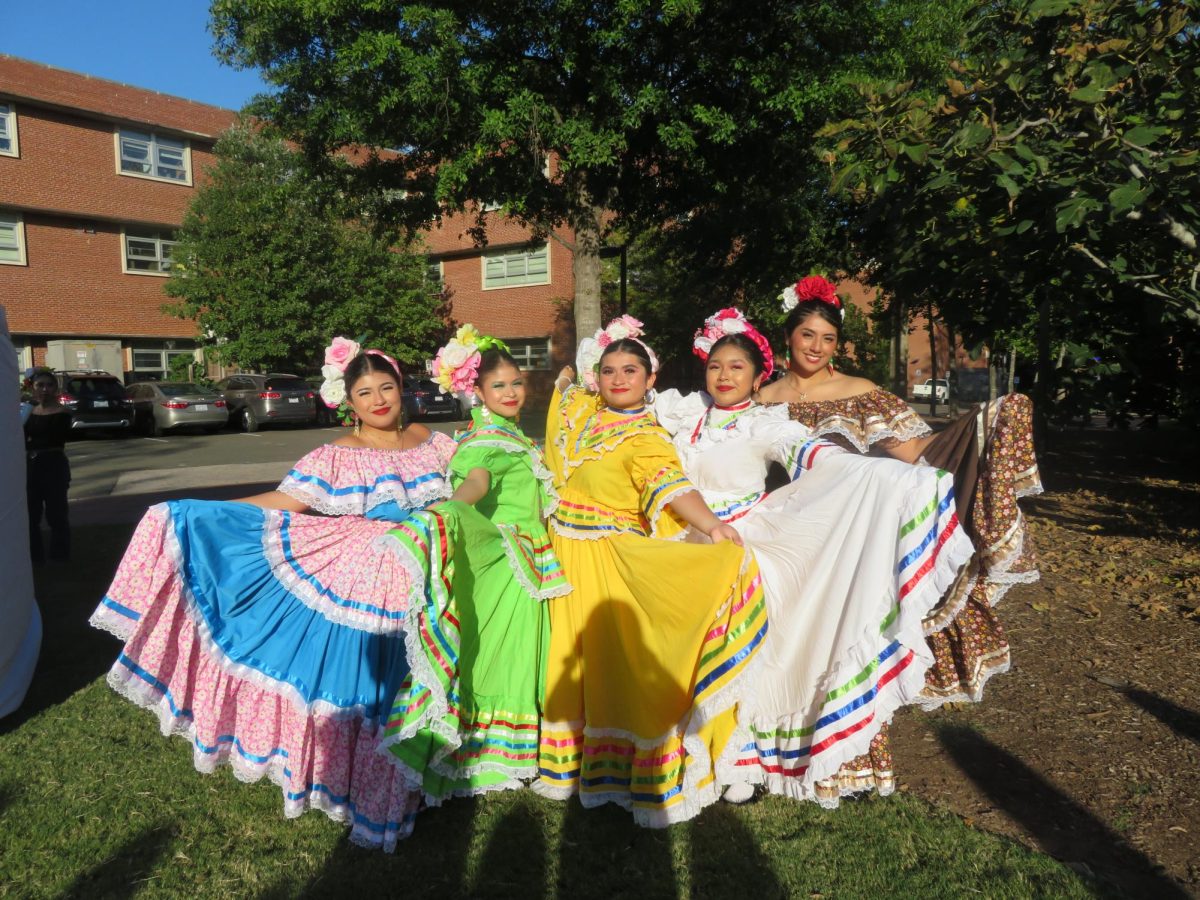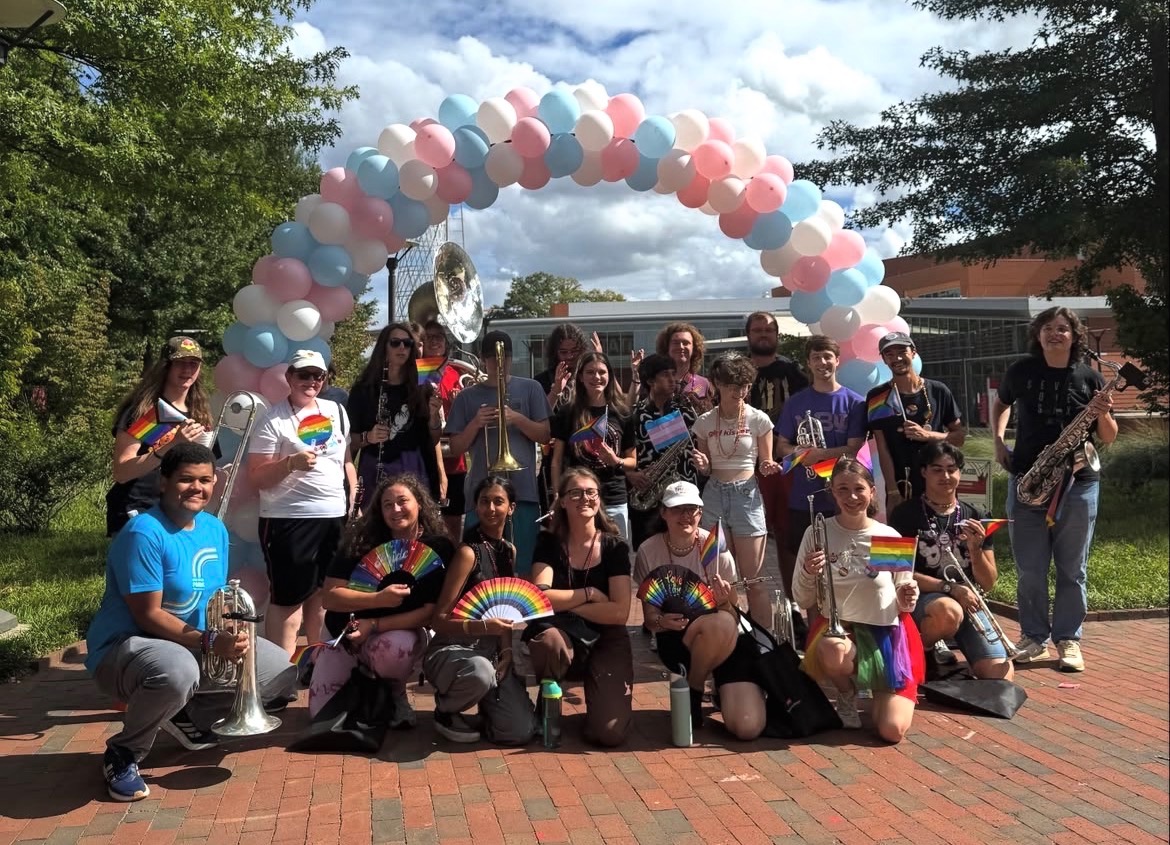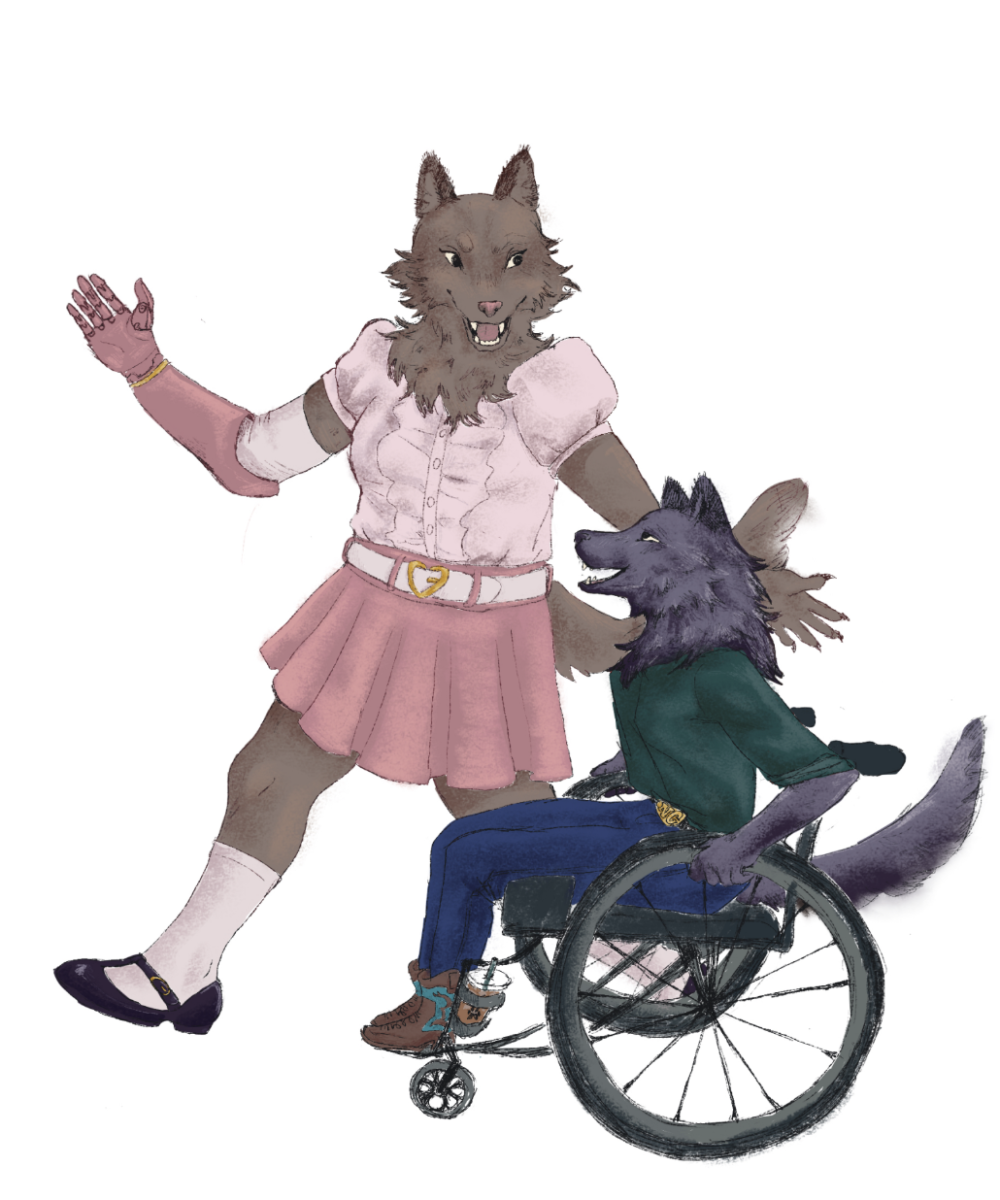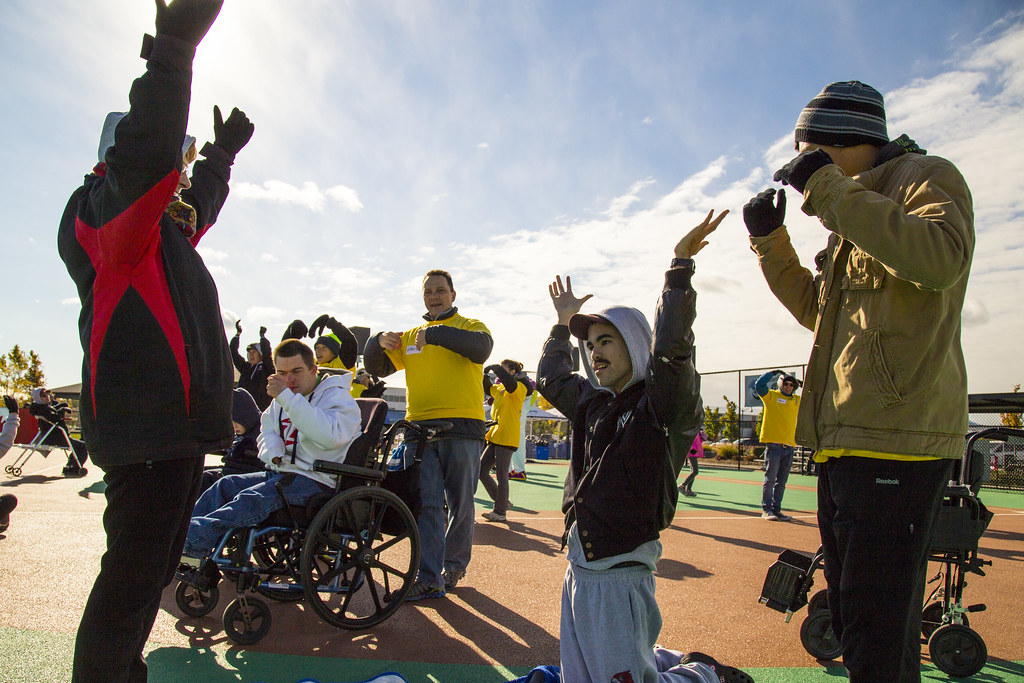Wynter Douglas hosted a panel in Spring 2025 about the experiences Black people have with chronic illness within the Black community through the lens of the book “Reel” by Kennedy Ryan. This panel sparked the start of the “Black Disability Politics” Book Club.
The “Black Disability Politics” Book Club meets this semester in the African American Cultural Center Library. The club focuses on disability within the Black community and meets three times a semester, and met for the first time on Sept. 10.
The club can be attended in person or virtually. With the club being hybrid, it allowed Douglas to open the book club to a wider audience. The event had a total of 67 people, and the first 20 registered members received free copies of the book and reading kits.
Douglas said, “Being able to create a multimodal book club where the whole campus community could be in discussion with one another online and in person at the same time has opened the book club up to not only being more accessible for disabled people but also for faculty and staff and students with family … ”
Interest and support came from not only students, but also faculty and staff. “There is a large number of students, faculty and staff who are interested in topics of accessibility and disability (for example, NC State Accessibility Collaborative (NCStAC), Pack disAbility Advocacy Club …” Douglas said.
Douglas says the success of the book club proves that hybrid events can be impactful for the participants.
An attendee told Douglas after the panel that they were grateful for the asynchronous nature of the event because it allowed them to participate as someone who was immunocompromised.
Douglas chose the book “Black Disability Politics” by Samantha Dawn Schalk and Sami Schalk. Douglas says this is because “ … it is very accessible to different levels of knowledge and gives a historical perspective on Black disability frameworks that aren’t often highlighted in discussions of disability and accessibility.”
This book works for the club because it is open access. There is an audiobook and online versions of the book, removing any problems that may come from trying to find and purchase the physical copy.
“This book discusses the importance of community, utilizing resources, and being in conversation with one another,” Douglas says, “so I intentionally facilitate the book club to have reading recaps of the chapters and both intimate small group discussions and whole group share-outs and a reflective closing prompt to promote a real cohort of readers on campus.”
Douglas is intentional in the way that they work with the book.
The vibrant perspectives and topics in the book allow members to spark conversation, creating a warm space for participants to share reactions when reading the book. They are also able to share their experience with topics the book touches on as well.
When faced with any challenge, the NC State community has helped the club in various ways. Douglas says, “I have been very well supported in facilitating this book club on every level as I was able to demonstrate that the NC State Community is passionate about accessibility and thinking and doing!”
The club was able to receive swag from the Disability Resource Office (DRO) and health kits from Campus Health. At each session, the Counseling Center helps attendees process topics that may be more difficult to discuss.
Douglas is proud of the support the club has received. “This event was very impactful for those who attended, and I received feedback that the NC State University community wanted more events that allowed for the discussion of accessibility and disability facilitated by the African American Cultural Center,” Douglas said.

